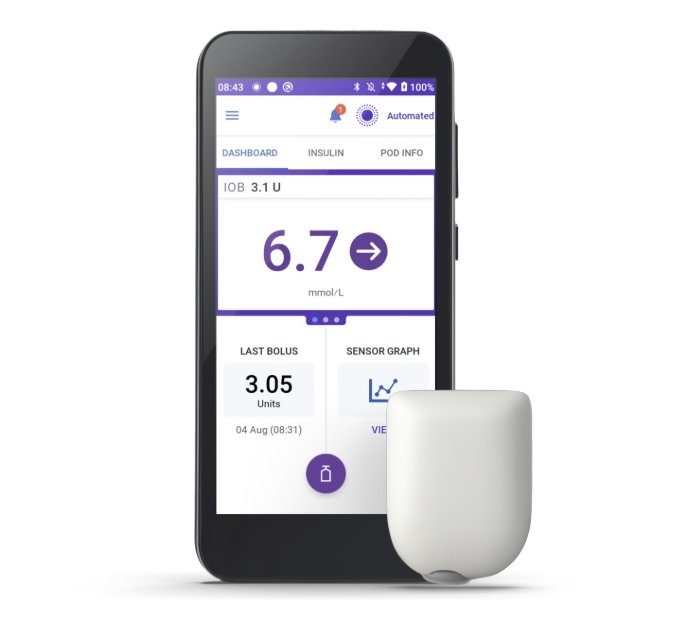
Insulet Corporation, the global leader in tubeless insulin pump technology with its Omnipod® brand of products, has ...
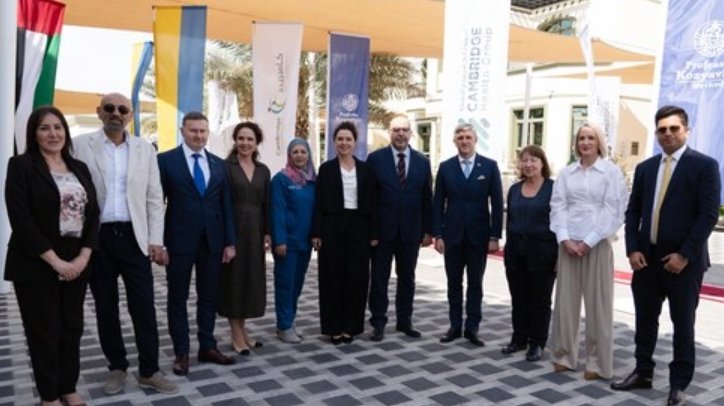
Cambridge Health Group, the GCC's leading provider of post-acute care, has renewed its long-standing partnership with th...
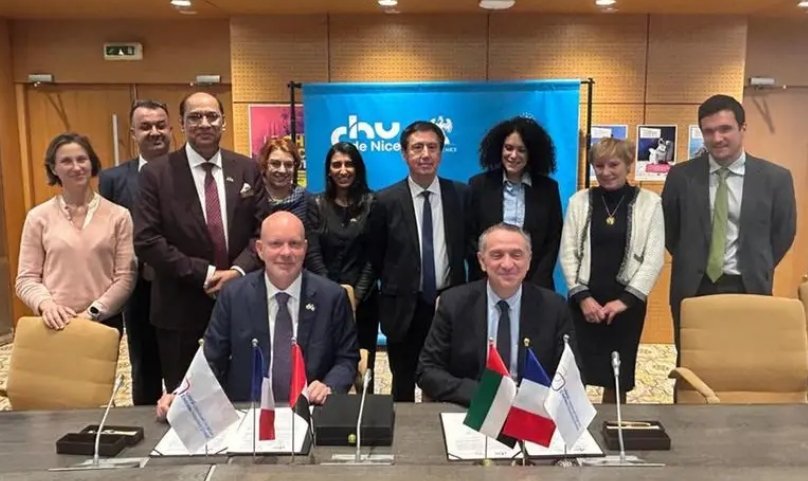
Emirates Hospitals Group (EHG), one of the UAE’s leading integrated healthcare providers, has announced a strategi...
Roche Diagnostics Middle East presented a landmark launch event revealing Accu-Chek SmartGuide, a breakthrough Continuou...
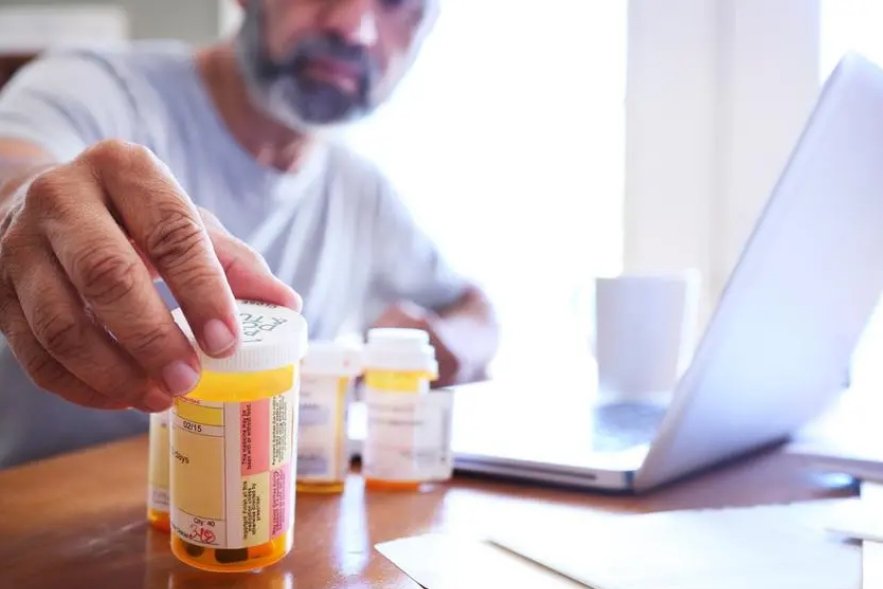
Palo Alto‑based PGxAI, a leader in AI-powered pharmacogenomics, and Saudi Arabia’s Novo Genomics ...
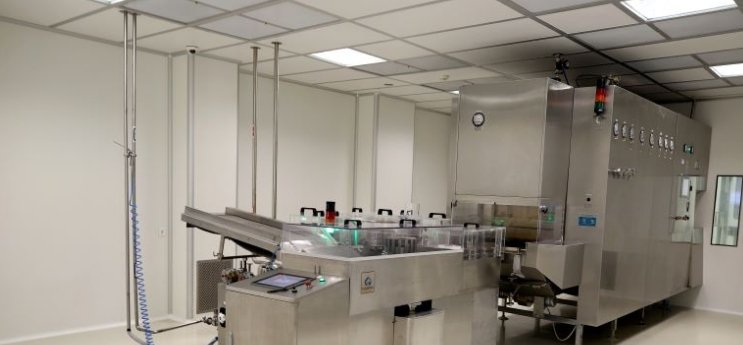
MS Pharma Group, a leading regional pharmaceutical company in the Middle East and North Africa (MENA) region, has signed...
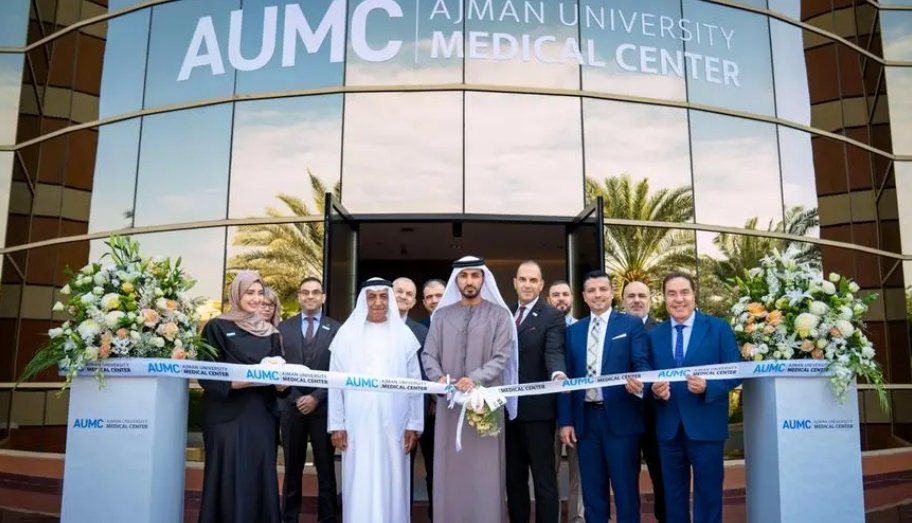
Sheikh Rashid bin Humaid Al Nuaimi, Chairman of Ajman Municipality and Planning Department and Vice Chairman of Ajman Un...
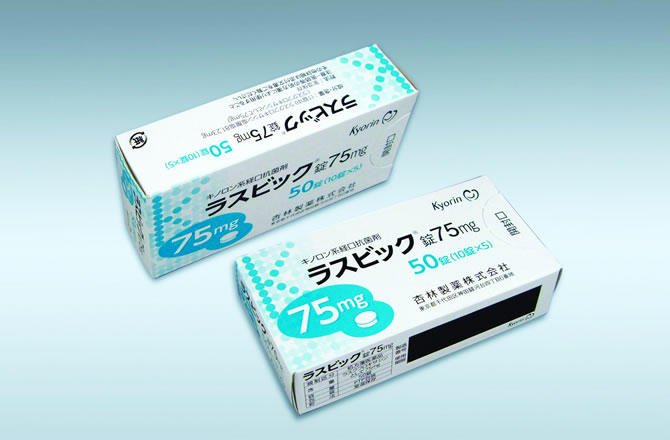
Japan's Kyorin Pharmaceutical has entered into an exclusive distribution agreement with Lunatus Marketing & Consulti...
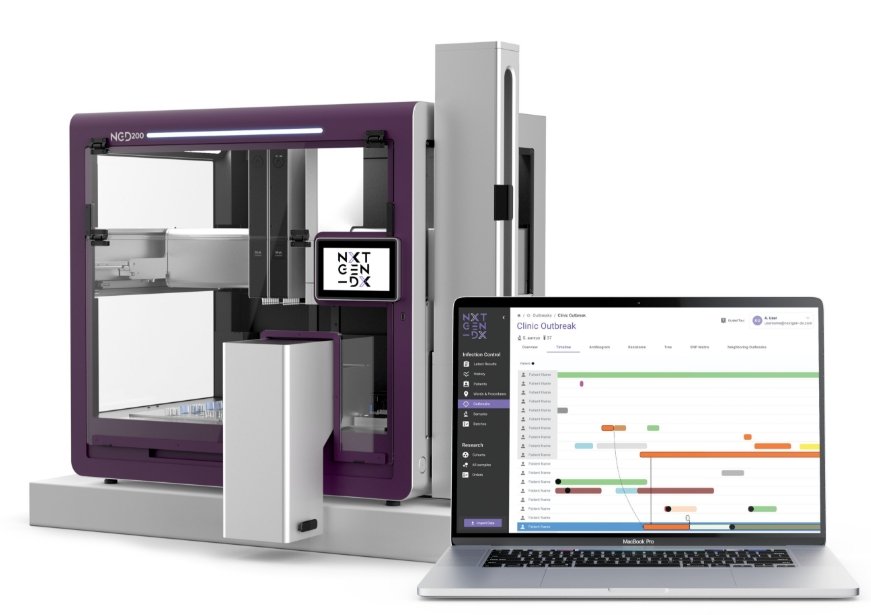
NGD Infection Prevention, a global provider of real-time genomic transmission detection for hospitals, has dep...
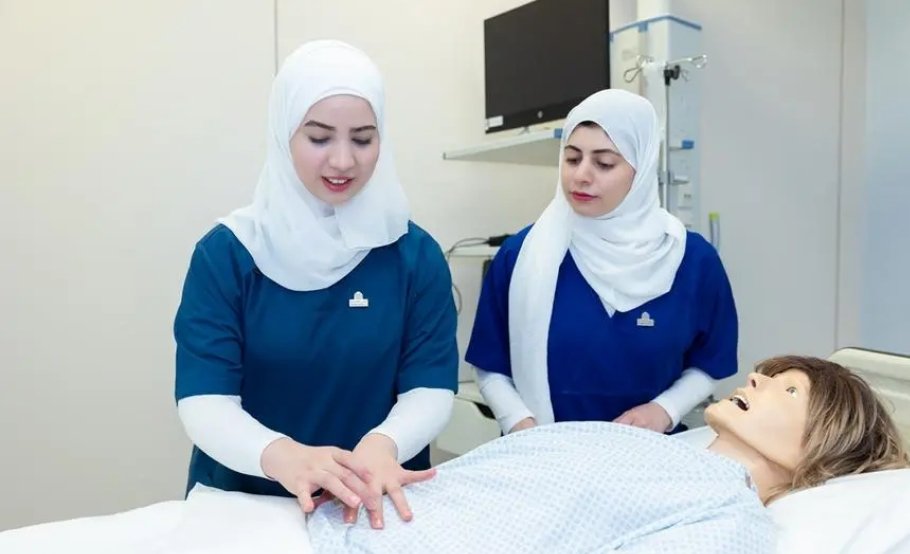
Mohammed Bin Rashid University of Medicine and Health Sciences (MBRU), the learning and discovery arm of Dubai Health, h...

At the 2nd International Forum of Pharmaceutical Inspectorates (IFPI), held on November 24–25 at the Marriott Hote...
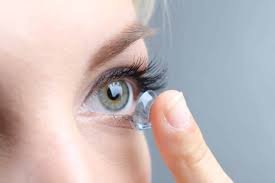
Introduction: A Shift Toward Personalized Optics Ophthalmology is entering a transformative era in which vision correct...

Hikma Pharmaceuticals PLC, the multinational pharmaceutical company, has signed an exclusive licensing agreement wi...

Algorithm, a pioneering regional pharmaceutical manufacturer has announced the signing of a strategic partnership agreem...

King Abdullah International Medical Research Center (KAIMRC), the largest medical research institution in the Kingdom of...

The Ministry of Health and Prevention (MoHAP), United Arab Emirates (UAE) represented by the National Centre to Reg...

RapidAI, the pioneer of deep clinical AI and global leader in intelligent imaging and workflow integration, has announce...

In the presence of Sheikha Bodour bint Sultan Al Qasimi, Aster DM Healthcare, one of the largest integrated healthcare p...

Australia-based CSL Seqirus and Vaccine Industrial Company have signed a Memorandum of Understanding with the Ministry o...
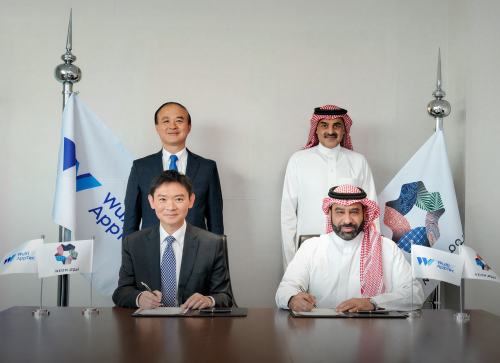
NEOM, the sustainable region taking shape in northwest Saudi Arabia, has signed a strategic memorandum of understanding ...

MTPConnect, Australia’s life sciences innovation accelerator, and The Ministry of Health of the Kingdom of Saudi A...
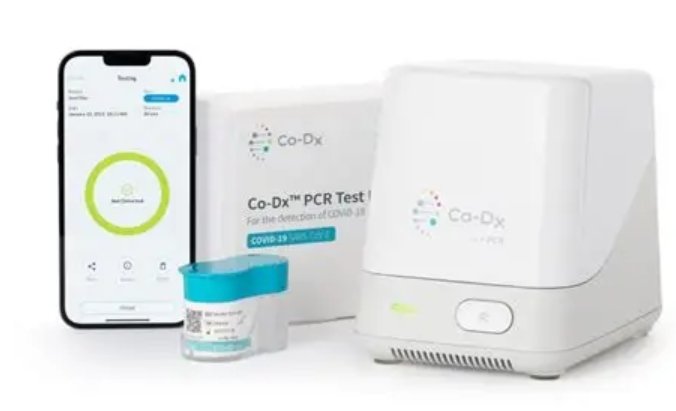
US-based Co-Diagnostics, Inc., a molecular diagnostics company with a unique, patented platform for the development of m...
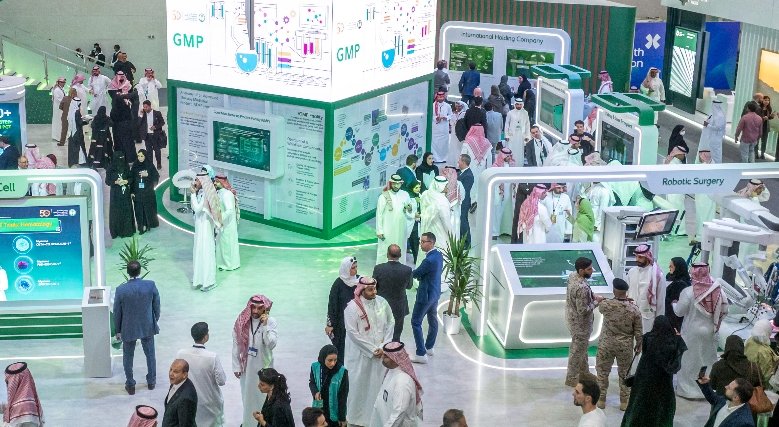
King Faisal Specialist Hospital and Research Centre will open Saudi Arabia’s first facility for manufacturing gene...
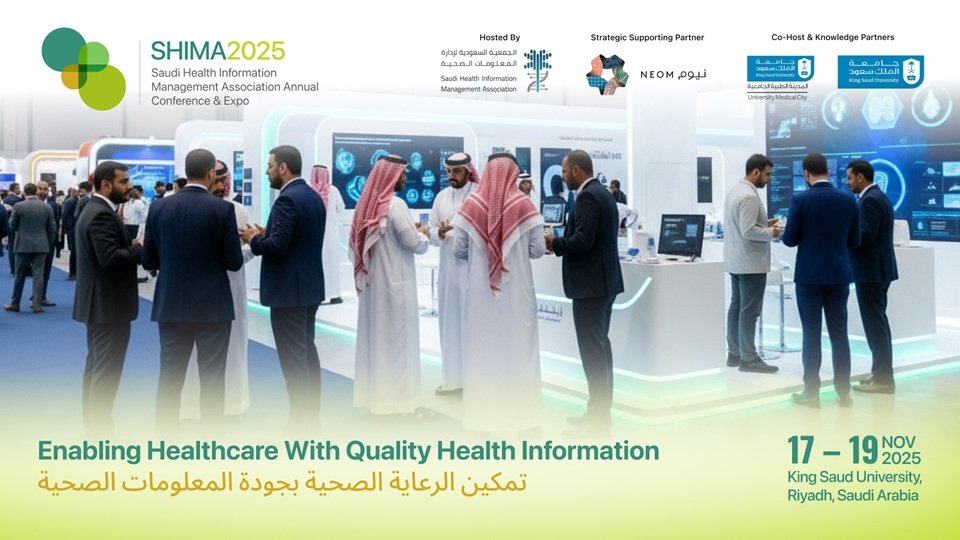
The Saudi Health Information Management Association (SHIMA) has announced the SHIMA Annual Conference & Expo 2025, t...
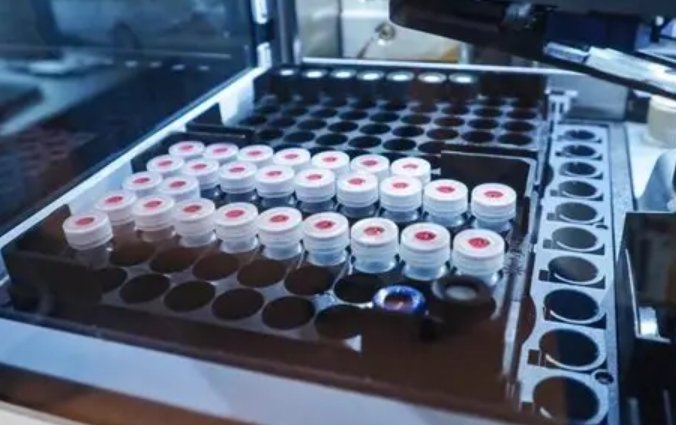
Israel-based ProSpecBio, an evolving biotech company dedicated to providing highly purified proteins to the global resea...



